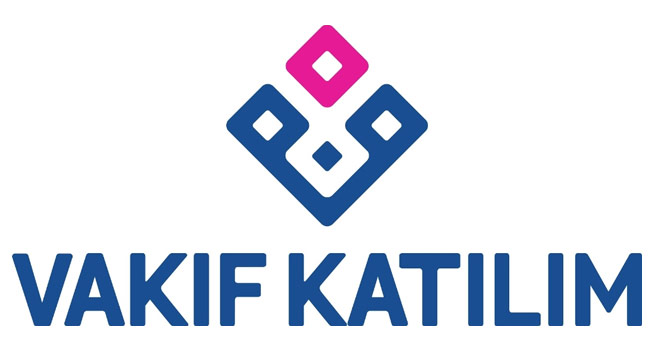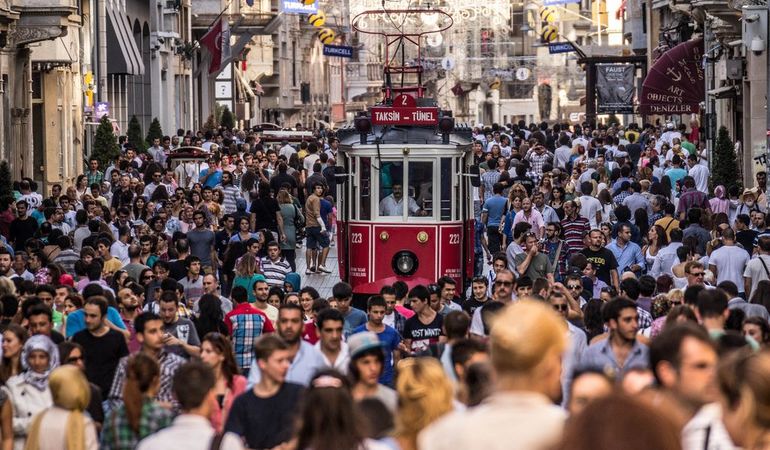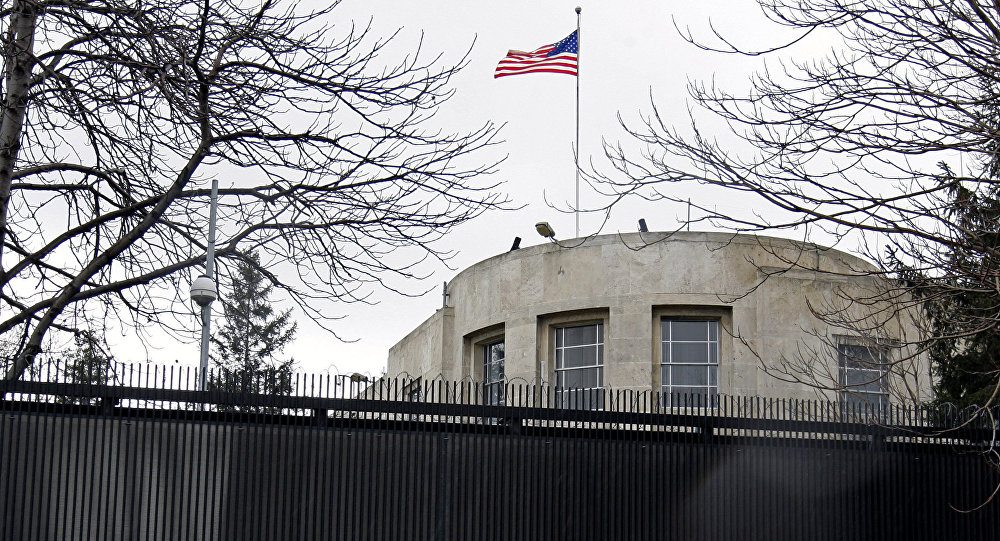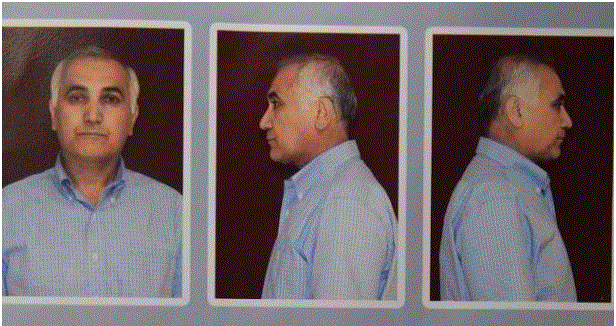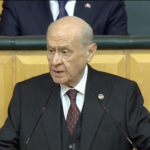The current crisis regarding Greek finances has understandably sparked a number of analyses from various public commentators. The pros and cons of either a NAI (yes) or OXI (no) vote are now hotly debated. For example, Paul Krugman has been writing on the situation confronting Greek finances for several years. With sound logic as well as concrete data, Krugman has developed an excellent case for Greeks to reject the referendum and the conditions imposed by Greece’s creditors:
To understand why I say this, you need to realize that most — not all, but most — of what you’ve heard about Greek profligacy and irresponsibility is false. Yes, the Greek government was spending beyond its means in the late 2000s. But since then it has repeatedly slashed spending and raised taxes. Government employment has fallen more than 25 percent, and pensions (which were indeed much too generous) have been cut sharply. If you add up all the austerity measures, they have been more than enough to eliminate the original deficit and turn it into a large surplus.
So why didn’t this happen? Because the Greek economy collapsed, largely as a result of those very austerity measures, dragging revenues down with it.
(…)
This is, and presumably was intended to be, an offer Alexis Tsipras, the Greek prime minister, can’t accept, because it would destroy his political reason for being. The purpose must therefore be to drive him from office, which will probably happen if Greek voters fear confrontation with the troika enough to vote yes next week.
But they shouldn’t, for three reasons. First, we now know that ever-harsher austerity is a dead end: after five years Greece is in worse shape than ever. Second, much and perhaps most of the feared chaos from Grexit has already happened. With banks closed and capital controls imposed, there’s not that much more damage to be done.
Finally, acceding to the troika’s ultimatum would represent the final abandonment of any pretense of Greek independence. Don’t be taken in by claims that troika officials are just technocrats explaining to the ignorant Greeks what must be done. These supposed technocrats are in fact fantasists who have disregarded everything we know about macroeconomics, and have been wrong every step of the way. This isn’t about analysis, it’s about power — the power of the creditors to pull the plug on the Greek economy, which persists as long as euro exit is considered unthinkable. (1)
After reading Krugman’s explanation, it’s not difficult to reach the conclusion that Greeks should vote OXI in Sunday’s referendum. If the issues that are in the minds of Greek voters are actually the issues that Krugman is focused on.
Krugman’s analysis focuses on the financial aspect of the situation, and the numbers would seem to clearly support his argument. But Greek voters may be focused on a very different issue than Krugman’s.
The Greeks that I talk with are more worried about Syriza as a political party, and what its future actions could be like. To put it in different terms, the most important issue seems to be whether Syriza will have the political capability, or even the will, to enact reforms that will enhance state bureaucratic transparency and be able to put the Greek economy back on a re-industrialization and productivity track.
I hear a big OXI in response to that question. Instead, Syriza appears to be yet another party in the mold of recent Greek political parties, that will try to filter its supporters into bureaucratic positions, and that will not pursue transparency in the state or in the economy. Syriza simply has a different, more leftist and more populist veneer than PASOK or Nea Demokratia, the corrupt mainstream parties of recent Greek politics. But the end result, I’m told, will be the same, or possibly worse, if indeed worse is possible.
As someone intensely interested in analyzing Turkish politics and society, I find the narrative concerning Greece’s finances, Syriza, and the Greek state disturbingly familiar. Until November 2002, the Turkish state was what I have come to call, in hybrid terms, a military-mafia state, colored with strong, deeply-rooted streaks of cronyism. Turkey’s economy was on life-support, debt to the IMF was massive, and political incompetence resulted in the February 2001 Turkish banking crisis. How did that situation emerge?
The Turkish state, as it existed from the 1920s until the AKP began to reform it, was dominated by the military, either behind closed doors (as in the Early Republic under Mustafa Kemal and İsmet İnönü), or out in the open (as happened during coup periods or through the National Security Committee [MGK]). This meant that, even though the political system was nominally democratic, in reality Turkey never had a truly, fundamentally democratic system until 2007 at the earliest.
The result was a state apparatus riddled with corruption, and with various actors (whether groups or individuals) with no democratic accountability feeding off of the resources of the state hierarchy. Depending on the ups and downs of Turkish politics, sometimes it got worse and sometimes it got better, but basically this remained the case. And the entire situation was exacerbated by the size and complexity of Turkish society, which was more than 70 million by the end of the 20th century.
After the AKP cemented its political legitimacy in 2007-2008, and the Turkish military’s influence over political decisions was mostly eliminated, the actors who had lived for decades off of Turkish state corruption began to feel concerned: “What if they cut off our supply of easy money?”
You should know that those actors are the same groups, predominantly state, military, and social elites, who had been benefiting from corruption and a lack of state transparency or economic transparency. They are the same groups who began to agitate ever more loudly against the AKP starting from that same 2007-2008 watershed. The various themes floated by the opposition over that same time-frame have been mostly red herrings intended to distract the voters and especially foreign observers from the real issues at hand. The political turmoil of the past seven years has come from those same actors, many with opaque ties to the Turkish military, mafia, or other democratically unaccountable groups like Fethullah Gülen’s Hizmet Movement.
As everyone who follows Turkish politics should be aware, the task that the AKP took on after 2008 was immense. Cleaning up ninety years of cronyism, nepotism, corruption, and the intertwined illegitimate interests of the Turkish military, various illegal militant political groups, and the mafia — all this has not been a walk in the park, and will continue for a long period into the future, at least for another decade. And here is what all foreign observers and commentators should understand: the essential reason for the past few years’ political upheavals is that the AKP has taken on these corrupt “institutions” in Turkish state and society, and has tried to impose transparency on them.
In Greece, the same sort of process will, sooner or later, have to be carried out. But the signals I’m receiving from the Western side of the Aegean indicate that Syriza is not the party that will be interested in such a project.
Whatever happens on Sunday, I hope for the best for Greece’s future, and for a Greek political movement that can institute the reforms that Greece sorely needs in order to build its economy and to construct a better-functioning state.
———————————————————————————————————————
NOTES
(1) http://www.nytimes.com/2015/06/29/opinion/paul-krugman-greece-over-the-brink.html
Yazıyı beğendiysen, patronumuz olur musun?
Evet, çok ciddi bir teklif bu. Patronumuz yok. Sahibimiz kar amacı gütmeyen bir dernek. Bizi okuyorsan, memnunsan ve devam etmesini istiyorsan, artık boş olan patron koltuğuna geçmen lazım.
Serbestiyet; Türkiye'nin gri alanı. Siyah ve beyazlar içinde bu gri alanı korumalıyız. Herkese bir gün gri alanlar lazım olur.






